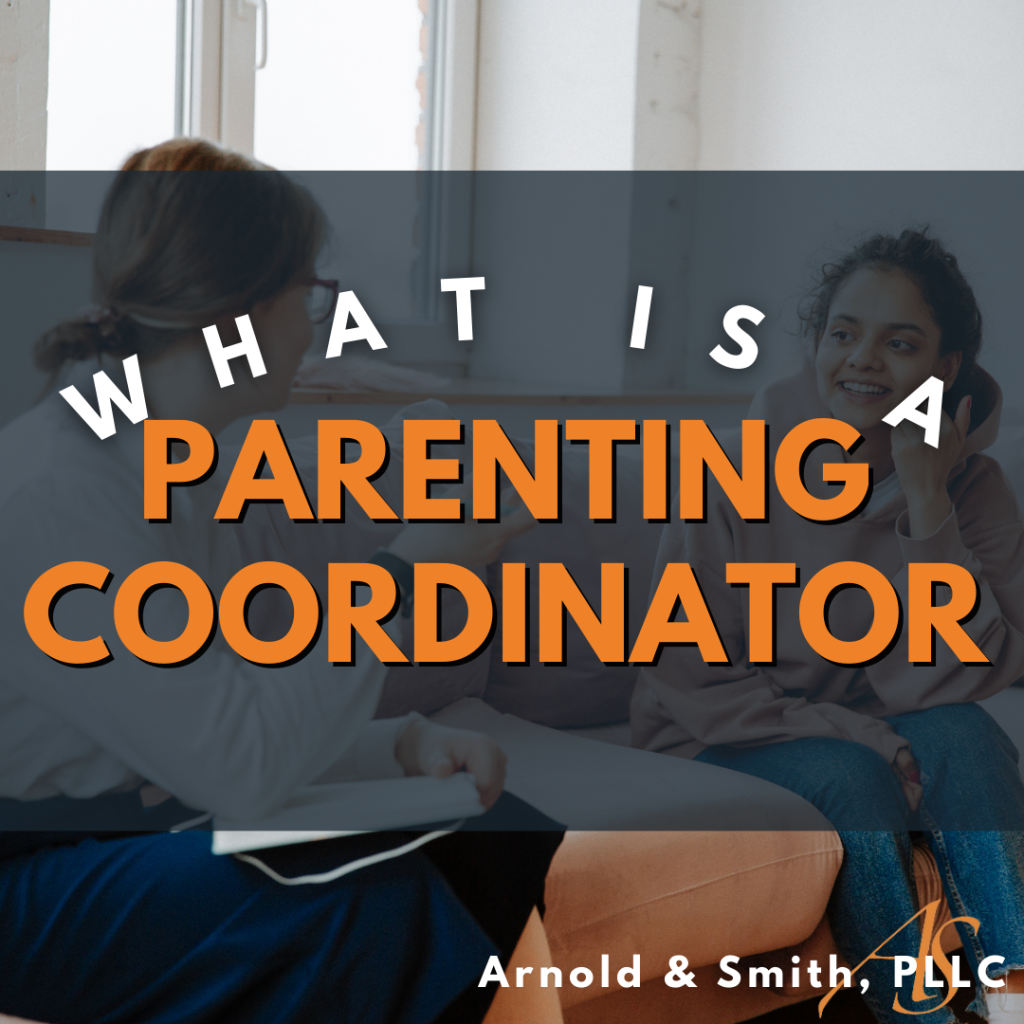 What is a High-Conflict Divorce?
What is a High-Conflict Divorce?
In North Carolina, as in other states, married couples may request a divorce based on irreconcilable differences. No other grounds for divorce generally apply to those who seek to end their marriages in North Carolina. Sometimes, couples are engaged in a contentious divorce. This is also sometimes called a high-conflict divorce. It happens when couples are having more difficulty than usual coming to an agreement regarding the terms of a divorce settlement.
https://youtu.be/j6RI3gGwm8I
 Charlotte Divorce Lawyer Blog
Charlotte Divorce Lawyer Blog


